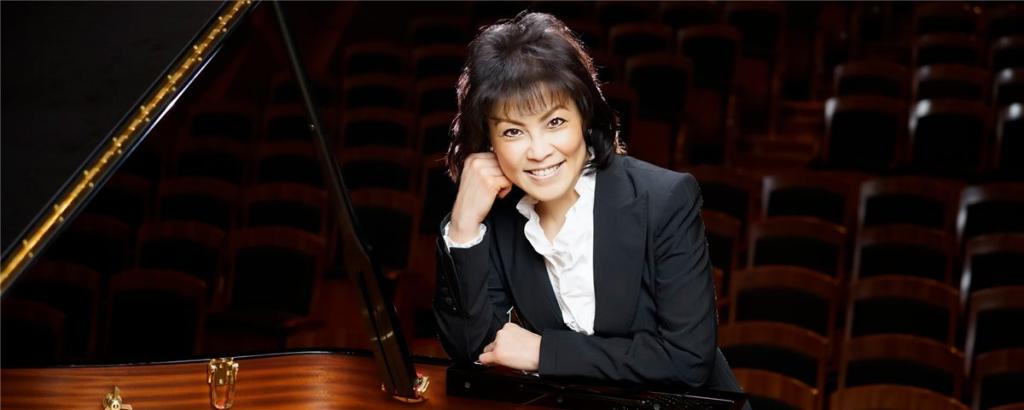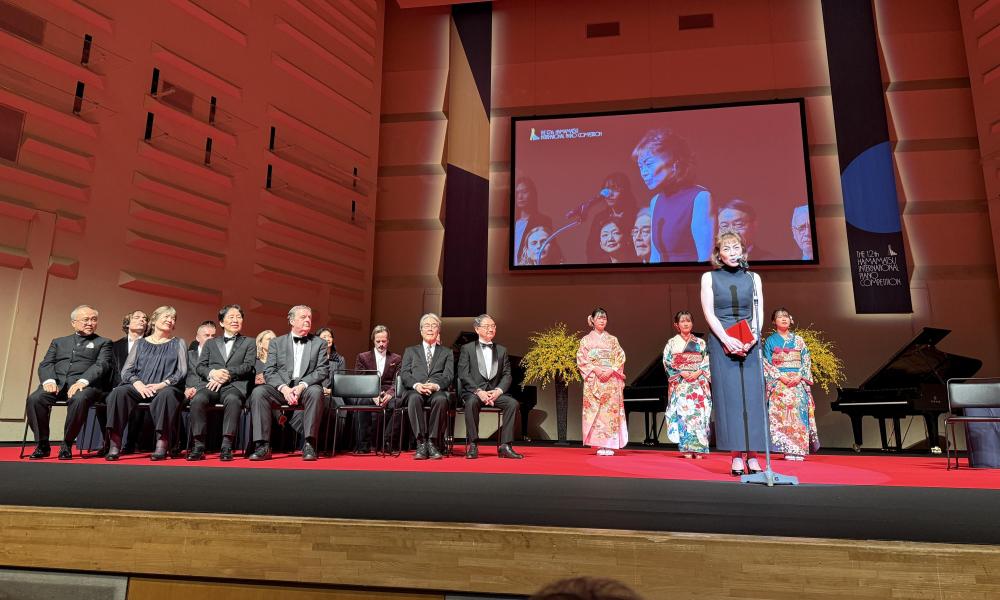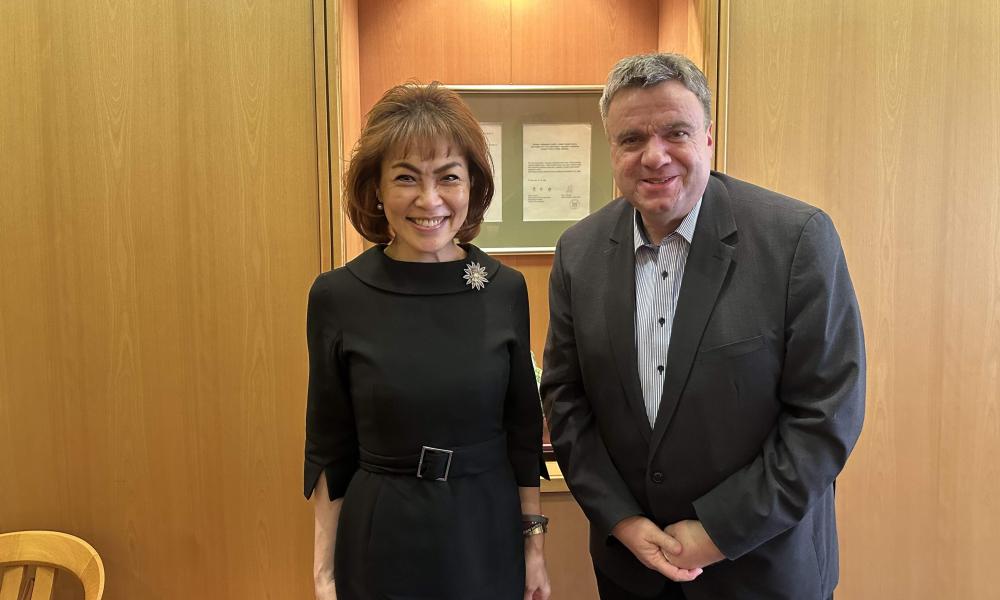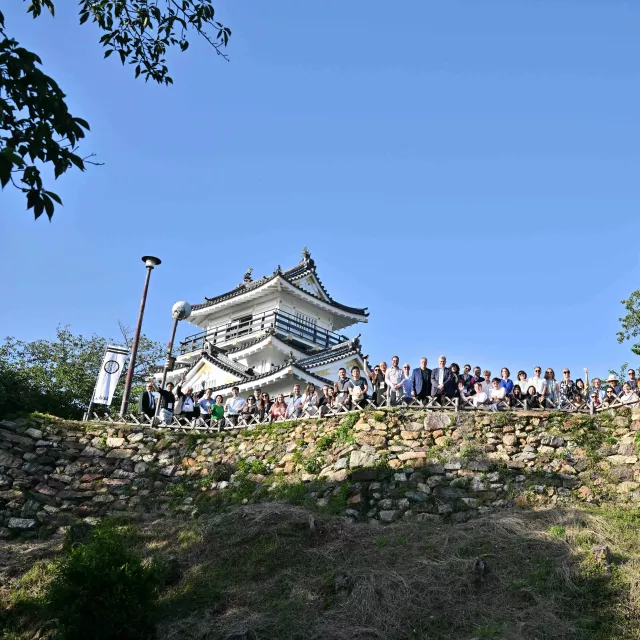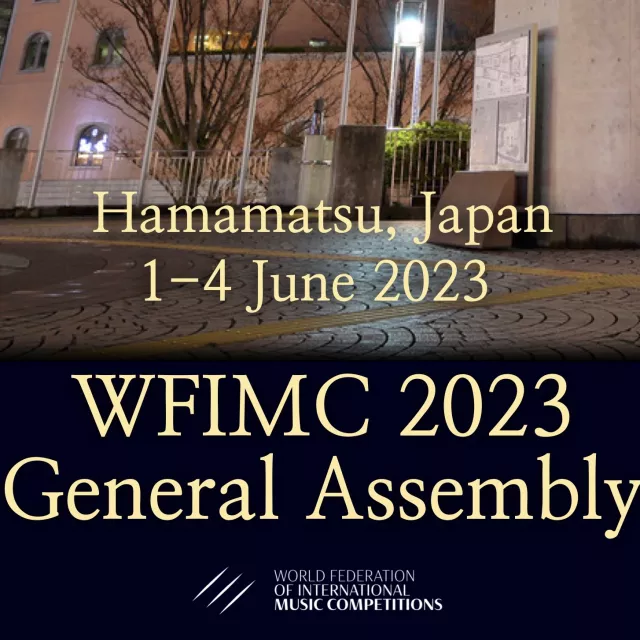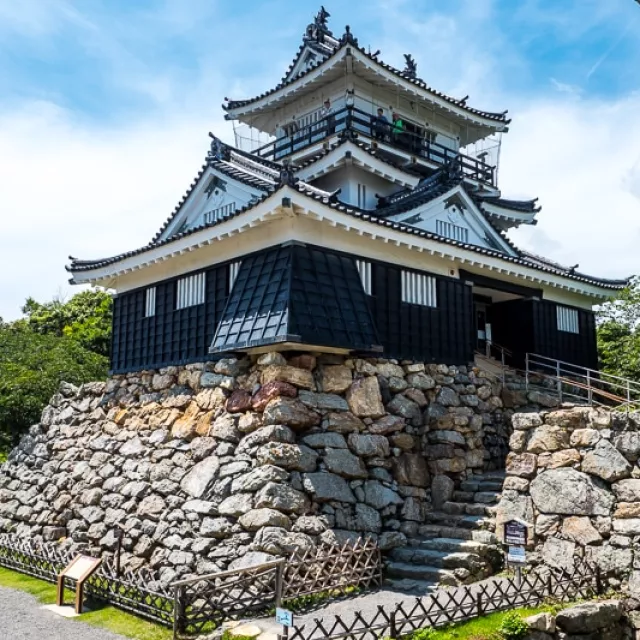Is there a competition model that the Hamamatsu follows?
First time I saw the competition here I felt like it was modeled after the Leeds. Just looking at the way things were organized, how the jury members moved, how they were dressed for the finals, and all. Fanny Waterman was here, too. But when I came, I did change some details as well. For example, I completely stopped journalists from approaching jury and competitors directly.
Looking back at the competition, what were the most important moments for you?
The first round was the most fascinating for me, as we had to narrow 87 competitors to 24 through 20-minute mini recitals. These recitals were unforgettable—vivid, full of personality, and thoughtfully curated. The level of artistry was so high that even pianists who didn't advance left a deep impression. Every programme was unique, and only the most carefully prepared had a chance of progressing. It was a grueling process from morning to evening, but these performances were extraordinary, and their impact will stay with me long after the competition.
